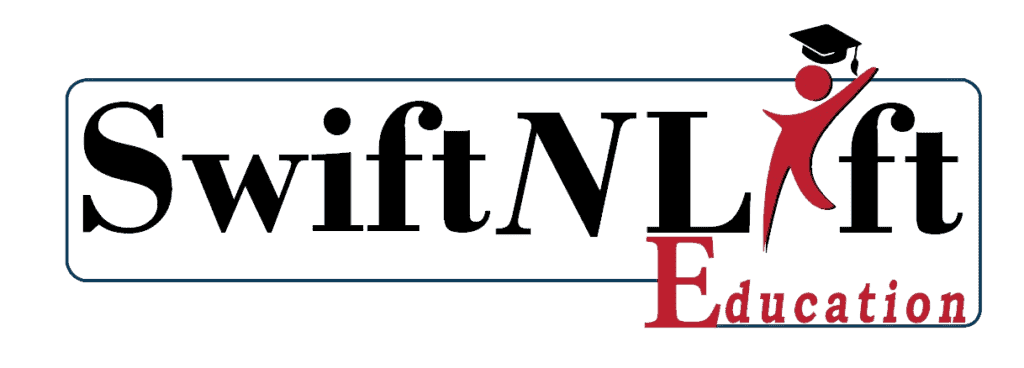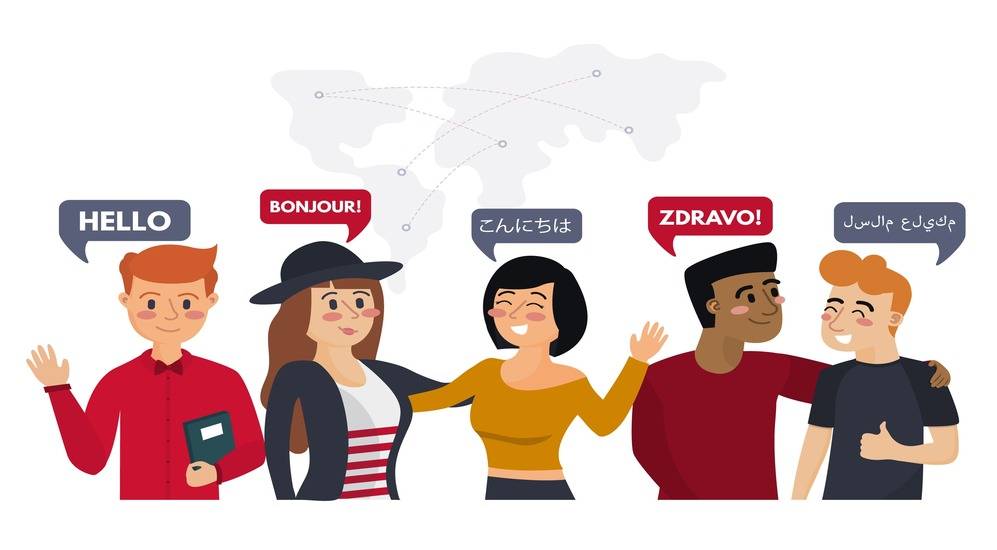


Unlock the cognitive, cultural, and career advantages of bilingualism by exploring the profound benefits of learning a second language. Discover how language learning enhances problem-solving skills, fosters cultural understanding, and opens doors to global career opportunities. Dive into effective strategies for promoting language education in schools and empower students with the skills they need for success in an interconnected world. Embrace linguistic diversity as an investment in a culturally enriched future.
In an interconnected world, the ability to communicate across cultural and linguistic boundaries is a valuable asset. The benefits of learning a second language extend beyond the classroom, shaping cognitive abilities, enriching cultural understanding, and opening doors to diverse career opportunities. In this article, we delve into the multifaceted advantages of bilingualism and explore effective strategies for promoting language learning in schools.
Cognitive Advantages:
Research consistently demonstrates that learning a second language enhances cognitive abilities. Bilingual individuals often exhibit superior problem-solving skills, heightened creativity, and improved multitasking capabilities. The process of navigating between two languages stimulates the brain, fostering adaptability and resilience. Studies suggest that bilingualism may even delay the onset of age-related cognitive decline, offering a lifelong cognitive advantage.
Cultural Enrichment:
Language is a key to cultural understanding. When students learn a second language, they gain insights into different traditions, perspectives, and ways of life. This cultural enrichment promotes tolerance, empathy, and a global mindset. By breaking down linguistic barriers, individuals can engage with diverse communities, fostering a sense of unity in an increasingly multicultural world.
Career Opportunities:
In today’s globalized job market, employers value linguistic diversity. Proficiency in a second language can be a decisive factor in hiring processes, particularly in industries that require international collaboration. Bilingual individuals often have a competitive edge, as they can effectively communicate with a broader range of clients, customers, and colleagues. Moreover, learning a second language enhances cross-cultural communication skills, a crucial asset in a world where business transcends borders.
Strategies for Promoting Language Learning in Schools
Learning a second language is not merely an academic pursuit; it is a gateway to a world of cognitive, cultural, and career opportunities. By implementing effective strategies in schools, we can empower students with the skills they need to thrive in a globalized society. Embracing linguistic diversity is not just an investment in education; it is an investment in the future of interconnected and culturally enriched generations.

Entrepreneurship is all about telling your story. In SwiftNlift Education Business magazine, we promote and share stories and adventures of young and successful entrepreneurs who are overcoming startup challenges on their way to success. We allow digitally linked content to be uploaded and distributed globally.
Copyright © 2023 Swiftnlift Media And Tech LLP All rights reserved